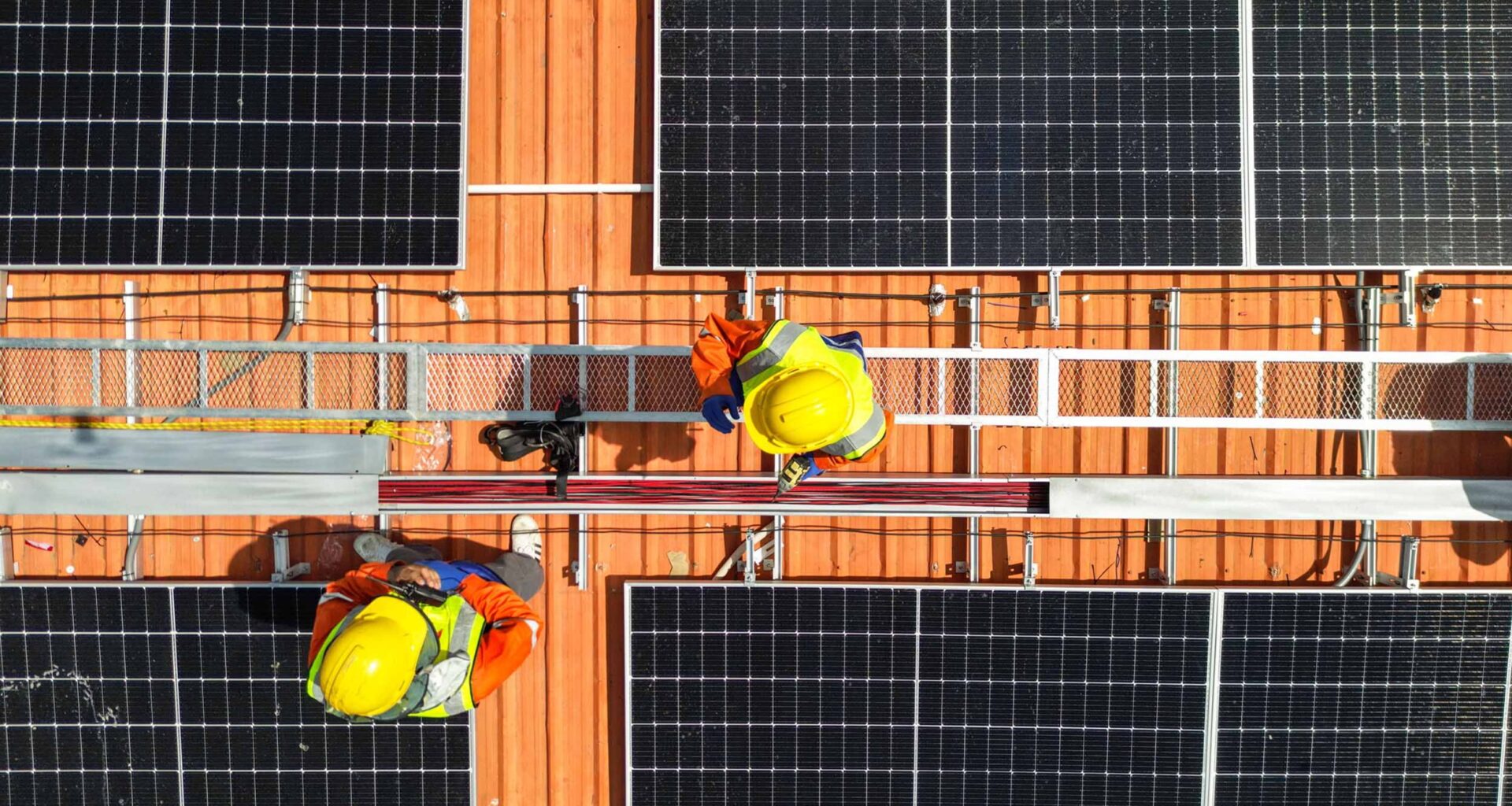Watchdog calls for a long-term European climate investment strategy
The EU needs a “long-term climate investment strategy” to ensure spending is aligned with carbon reduction goals, says the latest annual progress report from climate watchdog the European Climate Neutrality Observatory
A “long-term investment framework” aligned with climate policies “must clarify the roles of public and private finance, using policy tools such as fiscal levers, de-risking mechanisms and regulation”, Clara Calipel, ECNO finance expert and research fellow at think-tank the Institute for Climate Economics, tells Sustainable Views.
In 2023, EU investment in clean technologies was €344bn short of the bloc’s annual climate investment needs, analysis by the ECNO, a partnership of European research organisations, shows.
A report — The State of Europe’s Climate Investment — published by I4CE in June found the bloc needs to invest €842bn annually to reach its target to reduce emissions by at least 55 per cent by 2030.
Meanwhile, the EU spent nearly twice as much on fossil fuel imports and subsidies in 2023, with subsidies rising 19 per cent compared with 2022 levels.
Key sectors needed to meet the bloc’s climate targets — such as heat pumps, building energy renovations and wind power — are experiencing a “slowdown” in investment, says the report. Sales of electric vehicles decreased in Europe in 2024, but seem to be showing signs of growth this year, it adds.
The analysis also warns that Europe is facing a trade deficit across key energy transition technologies including solar and batteries, while the size of its trade surplus in wind tech is shrinking. Competition from cheaper Chinese goods is putting pressure on Europe’s domestic clean tech industry, it notes.
The failure to develop a comprehensive investment strategy would leave the EU at risk of “locking in” import dependencies on other countries, the report says.
It calls for strengthened public procurement criteria in the bloc’s upcoming Industrial Decarbonisation Accelerator Act, which was open for consultation until July and seeks to boost demand for EU-made clean tech products.
The coalition also recommends the “rapid implementation” of the Net Zero Industry Act across member states. The law sets a target for Europe to manufacture 40 per cent of its net zero technologies by 2030.
The report is available to read here.
